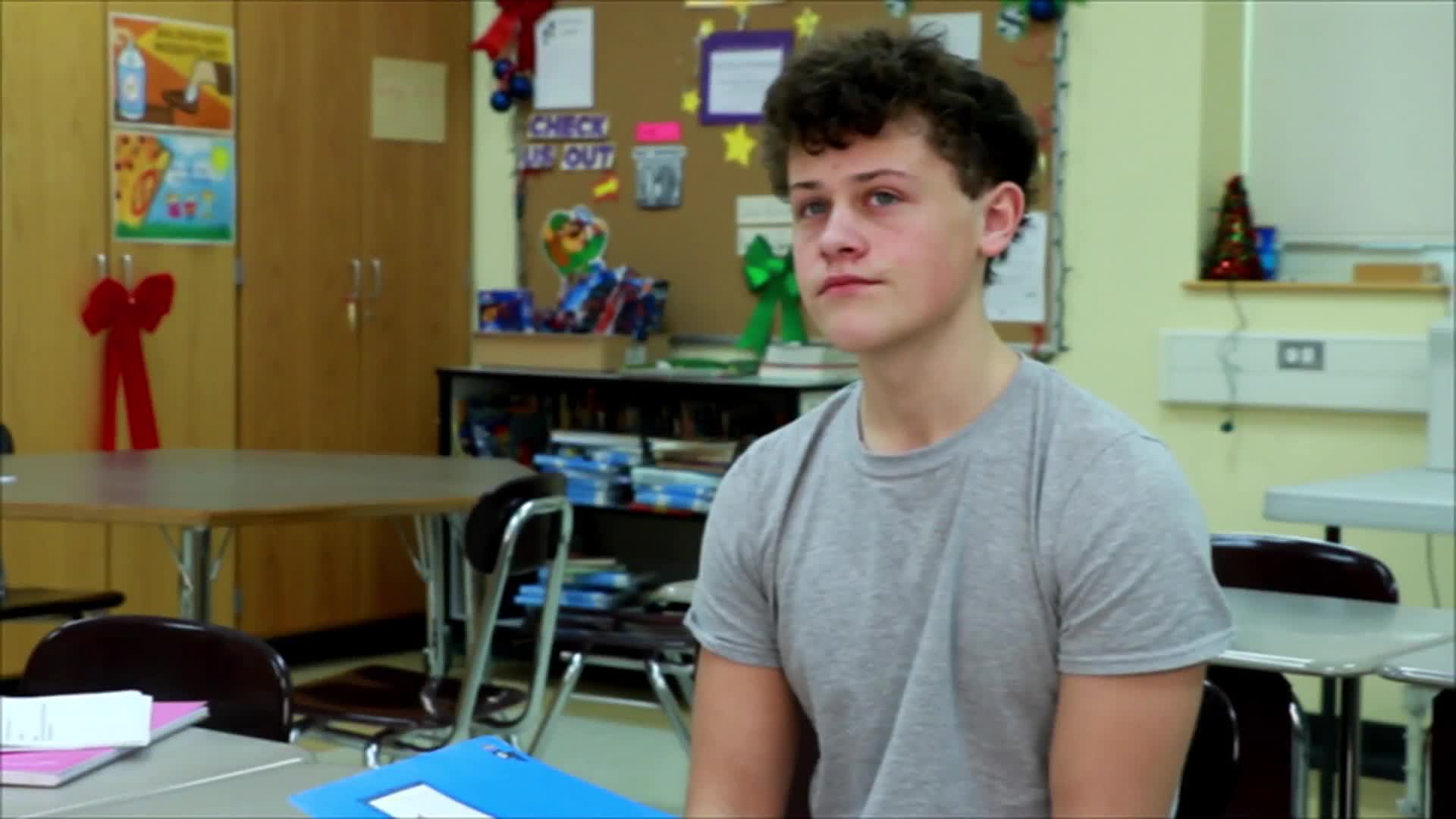
Introduction
Welcome to Solve It, a game designed to help middle school students develop their problem-solving skills through a step-by-step process. This activity focuses on helping students identify problems, evaluate their size, and find solutions. By working through the steps, students will learn to better understand their own feelings and the feelings of others, fostering a more empathetic classroom environment.
No-Prep Activity
In this activity, students will work through a disagreement scenario by following the steps of the Solve It game. No preparation or materials are required from the educator. The steps of the game are as follows:
- Identify the problem – what’s wrong?
- Figure out how big the problem is
- Think of possible solutions to the problem
- Pick a solution
- Try that solution and then reassess it
- How did it work? If the solution works, the problem is solved! If not, try again.
Throughout the game, encourage students to stop and discuss their feelings when they see the designated icon in the corner. This will help them develop self-awareness and emotional regulation skills.
Discussion Questions
Use the following questions to stimulate further discussion among students:
- How did you feel during each step of the problem-solving process? Did your feelings change as you worked through the steps?
- Why is it important to consider the size of a problem before trying to solve it? How can this information help you choose the best solution?
- How can practicing problem-solving skills help you in your everyday life? Can you think of a situation where you have used these skills outside of the classroom?
- Why is it important to reassess a solution after trying it? What can you learn from this process?
Related Skills
In addition to problem-solving, students can benefit from developing other social-emotional skills, such as:
- Communication: Effective communication is essential for expressing thoughts, feelings, and ideas, as well as understanding and empathizing with others.
- Emotional regulation: Learning to manage emotions, especially in challenging situations, is crucial for maintaining healthy relationships and making responsible decisions.
- Empathy: Understanding and sharing the feelings of others can help students build stronger connections and foster a more supportive classroom environment.
Next Steps
To further explore the benefits of social-emotional learning and gain access to free sample materials, including the Solve It game and other activities, sign up at Everyday Speech. By incorporating these resources into your classroom, you can help students develop the essential skills they need to navigate the complexities of everyday life.

